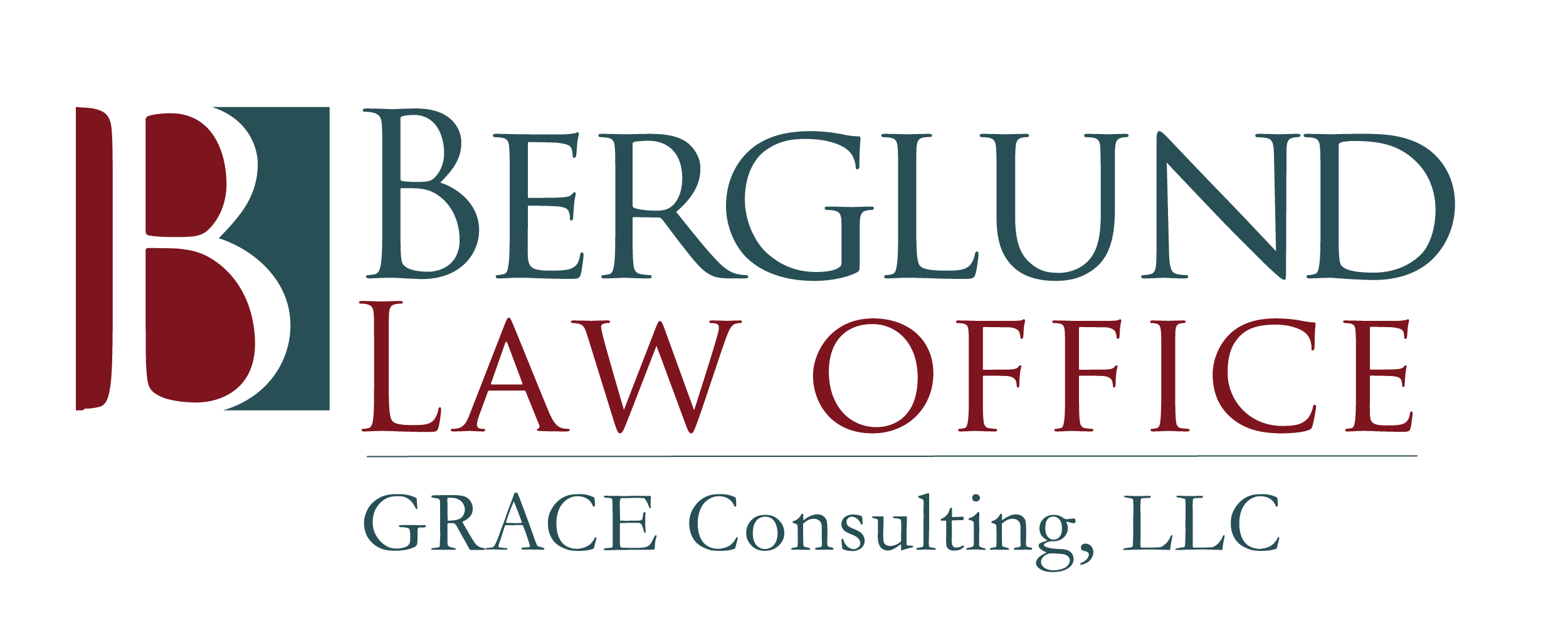
Reverse mortgages can help many seniors but are quite expensive. Reverse mortgages can also present significant risks in some cases. All forms of financing have their pros and cons, and reverse mortgages are no exception. Here are some of the key issues to consider before making your decision about going forward with a reverse mortgage.

REVERSE MORTGAGE PROS
- You can generate needed cash. Many seniors experience a significant income reduction when they retire. Monthly mortgage payments and association fees are frequently the biggest problems for many. Provided they are willing to spend a significant amount on fees and costs, seniors with sufficient home equity can generally refinance or pay off their existing regular mortgage, and in many cases pull cash from their equity in the property by using a reverse mortgage.
- You may avoid having to move. According to AARP, “between 50 and 60 percent of adults age 18-49 say they want to remain in their communities and homes as they age, while nearly 80 percent of adults age 50 and older indicate this same desire.” Rather than move, seniors can use reverse mortgages to “age in place” and remain near their friends and family. Selling your home also results in significant costs and fees, as does moving and re-settling somewhere else. You need to do the math.
- Flexibility. You can use the money you receive from a reverse mortgage any way you see fit.
- Very little “downside”. With reverse mortgages, you will never owe more than your home’s value at the time the loan is repaid. This is true even if your lender has paid you more money than the value of your home. This is a particularly useful advantage if home values decrease after you obtain your reverse mortgage.
- Federally Insured. The Home Equity Conversion Mortgage (HECM) is the most widely available reverse mortgage. HECMs are managed by the Department of Housing and Urban Affairs and are federally insured. This is important since even if your lender defaults, you will still receive your payments.
- Your costs may be lower than the cost of moving. There are significant costs associated with reverse mortgages, but it may still be cheaper to get a reverse mortgage than to move. Typical costs associated with reverse mortgages are explained in another article in my blog. If you move you will be faced with significant costs including the expenses incurred selling your home, moving (or disposing of) your household goods, and either buying a replacement residence or renting a new place.
- The money you receive from a reverse mortgage is not taxable. According to the IRS, “reverse mortgage payments are considered loan proceeds and not income. The lender pays you, the borrower, loan proceeds (in a lump sum, a monthly advance, a line of credit, or a combination of all three) while you continue to live in your home.” The IRS also adds that reverse mortgage interest “isn’t deductible until you actually pay it” (usually when you pay off the loan in full).
- No claim against your heirs. Because a reverse mortgage balance will grow in size as time marches on, it’s possible that reverse mortgage debt can exceed the fair market value of your property over time. However, the responsibility to repay the debt can never exceed the property’s value. That’s because a reverse mortgage is an example of “non-recourse” financing. The result is that lenders have no claims against or other assets or heirs.
